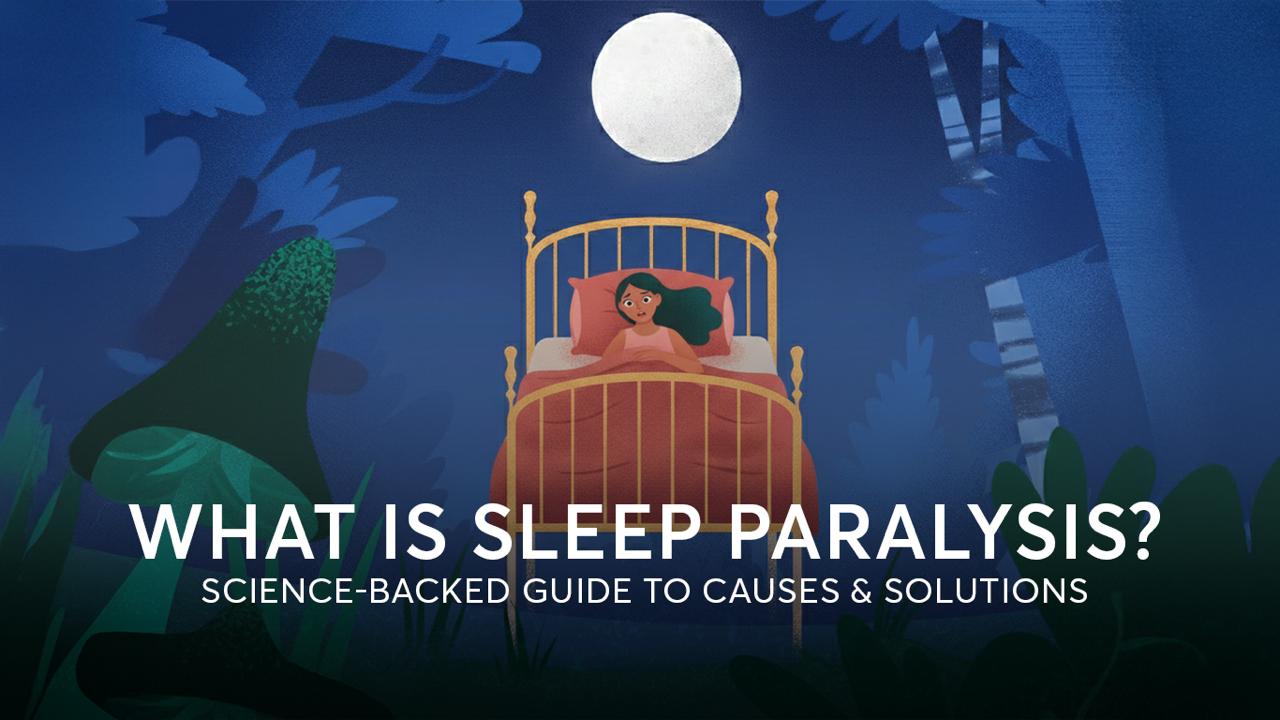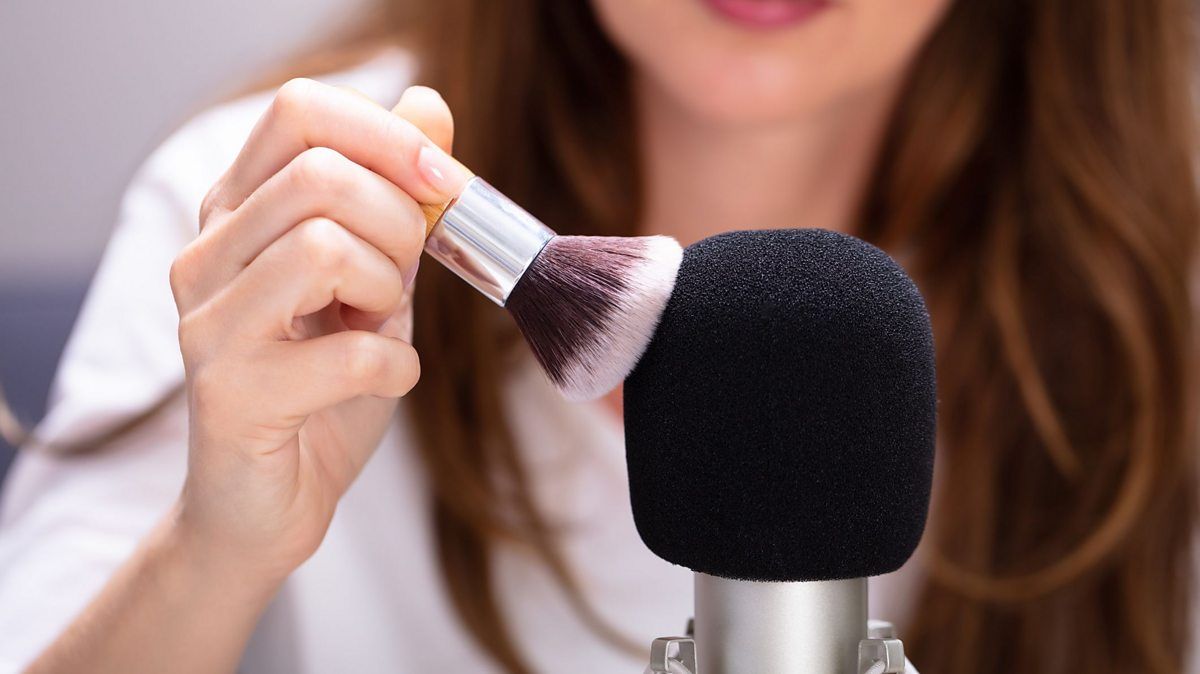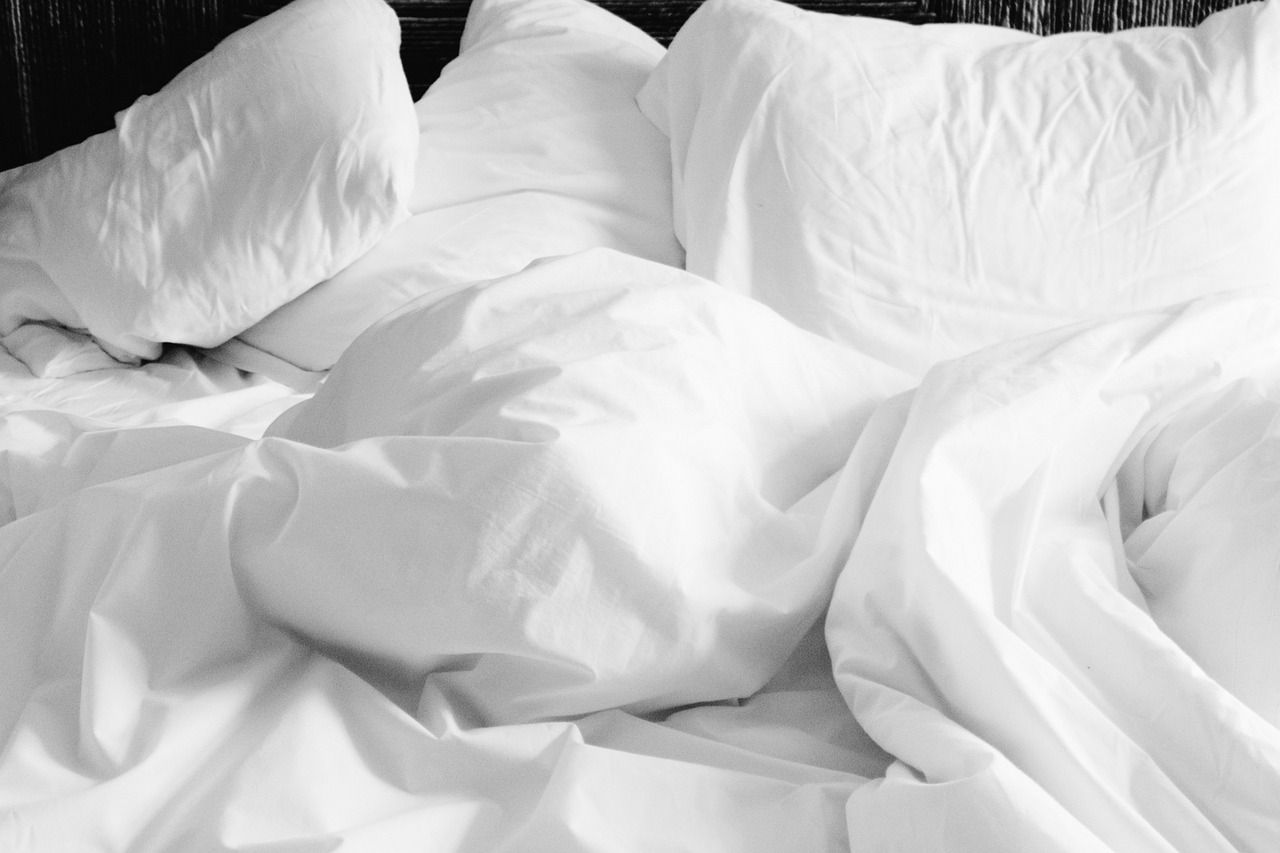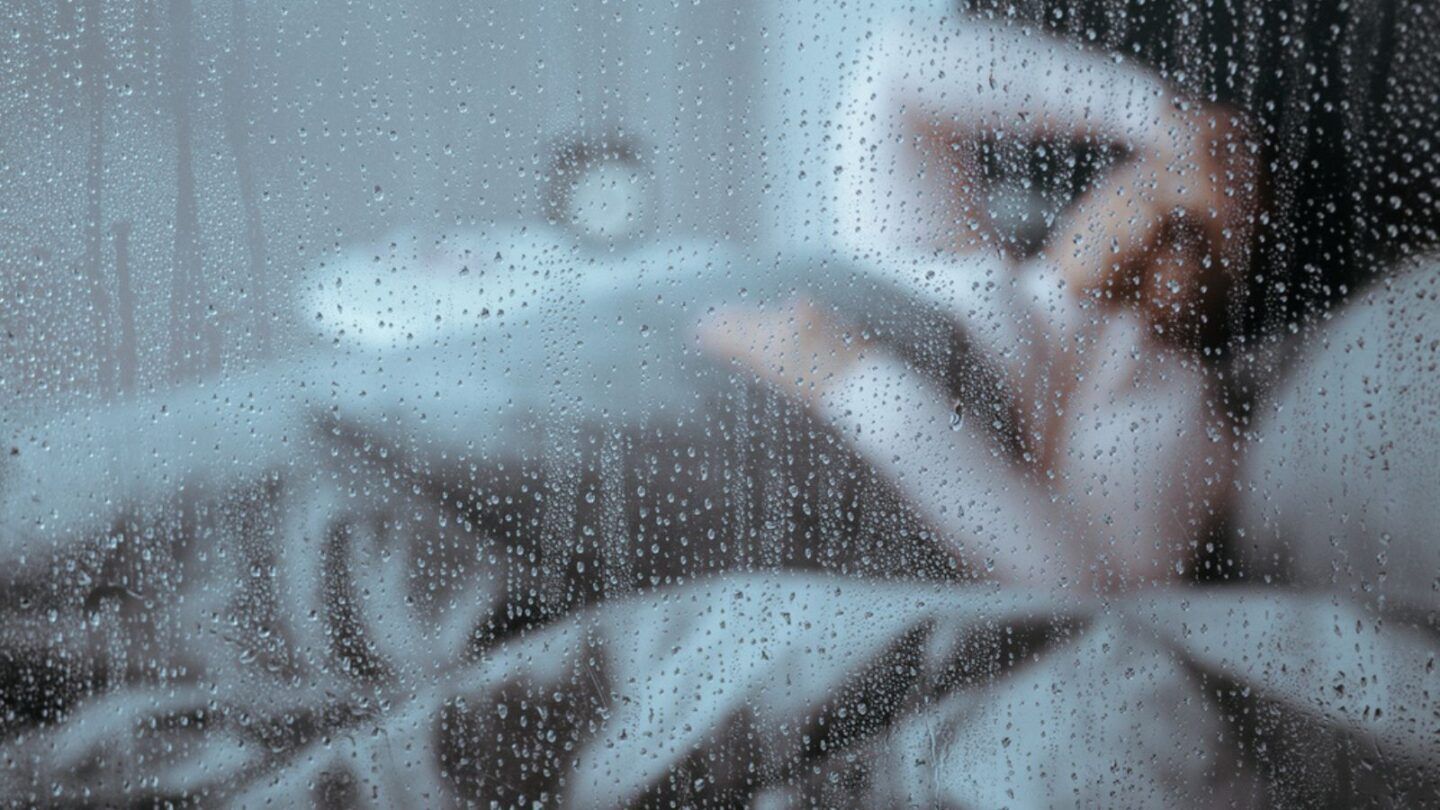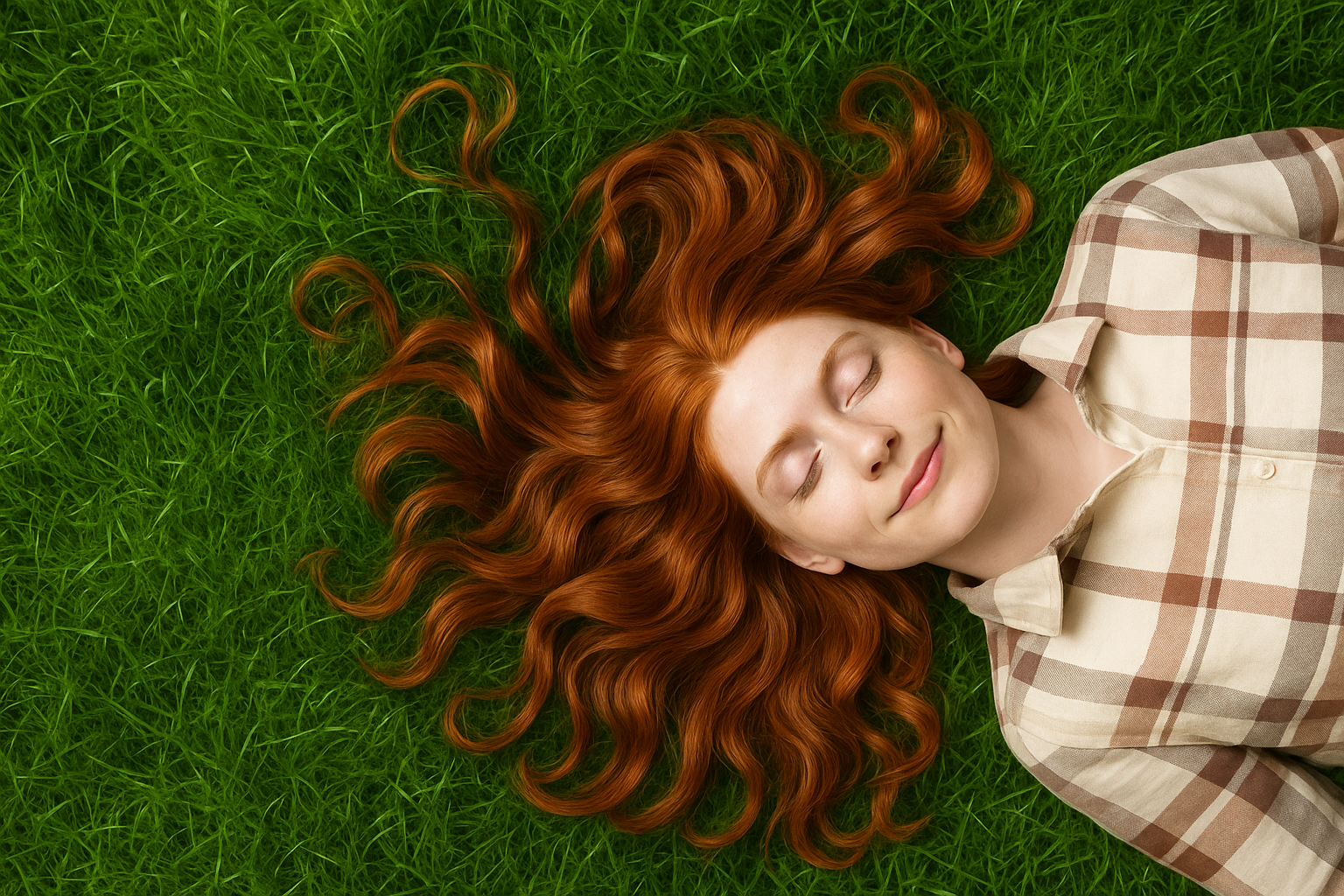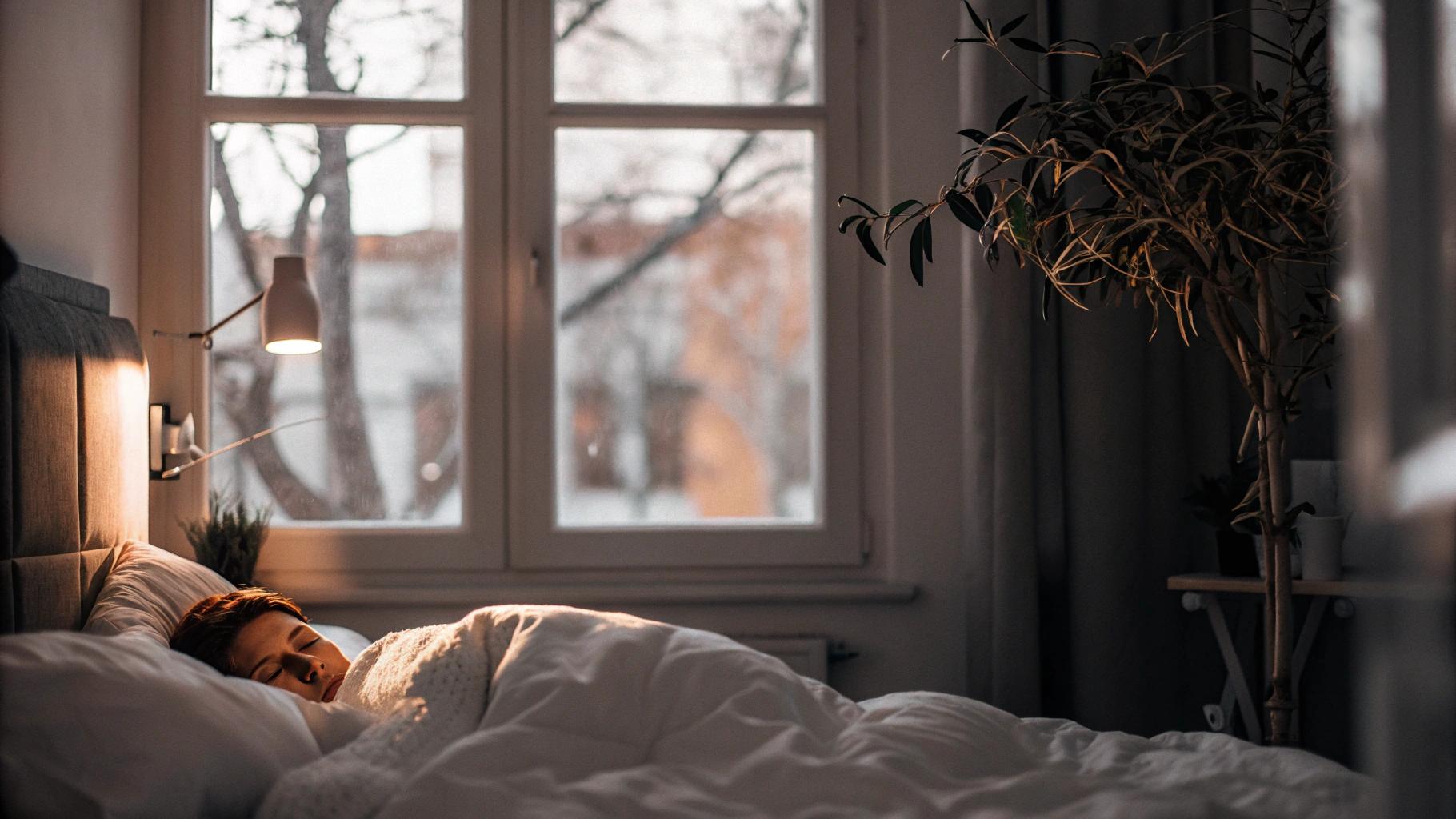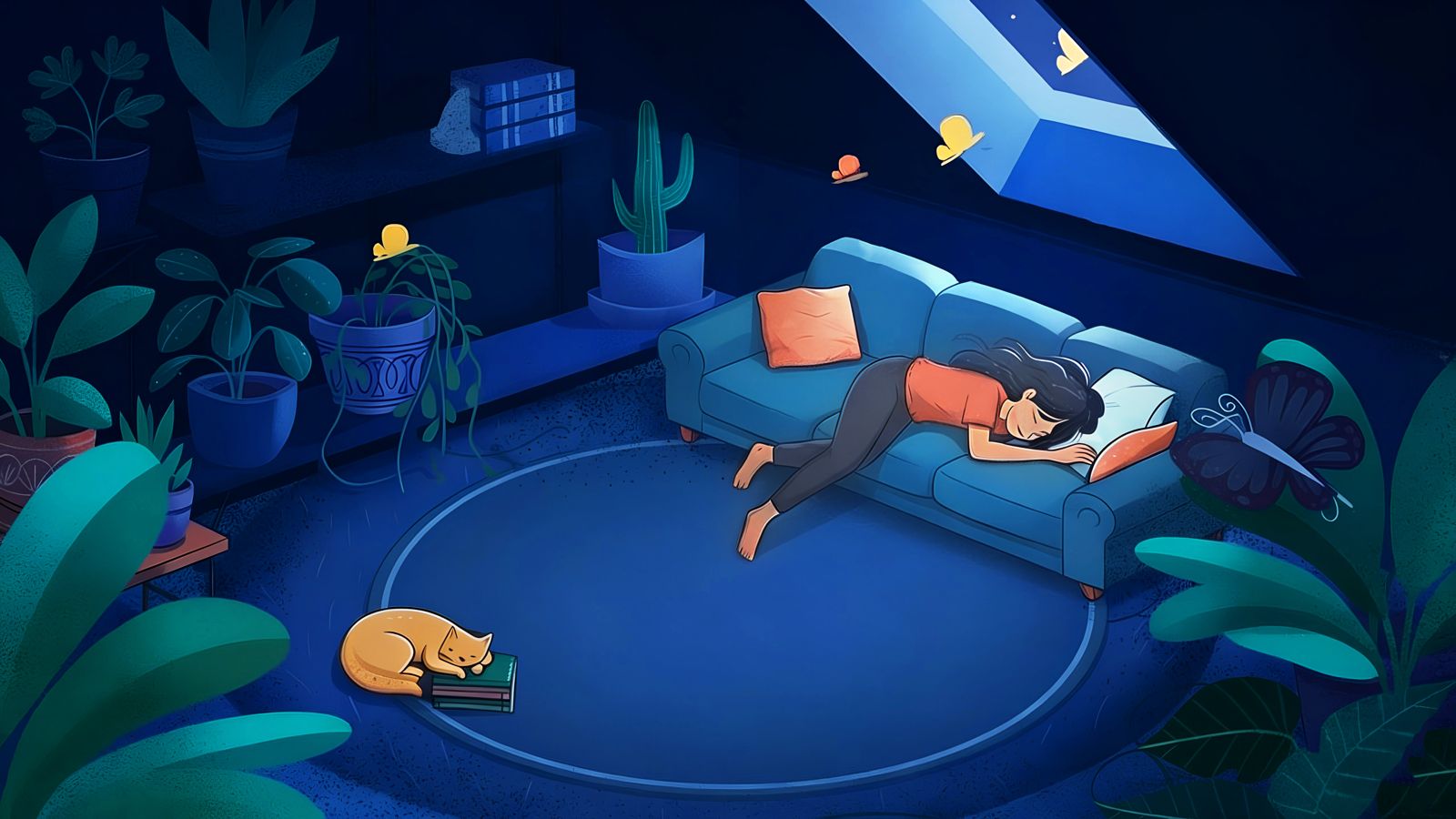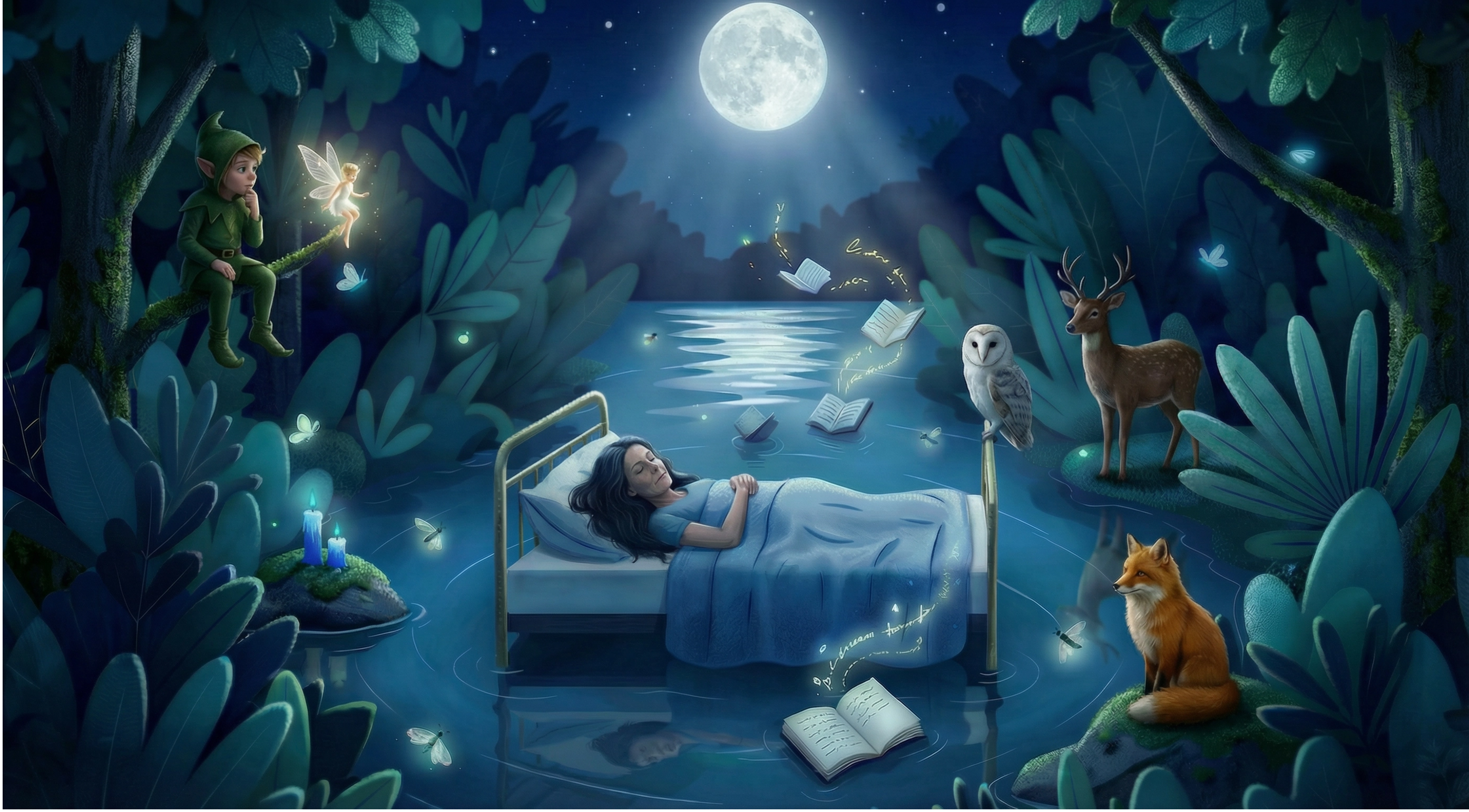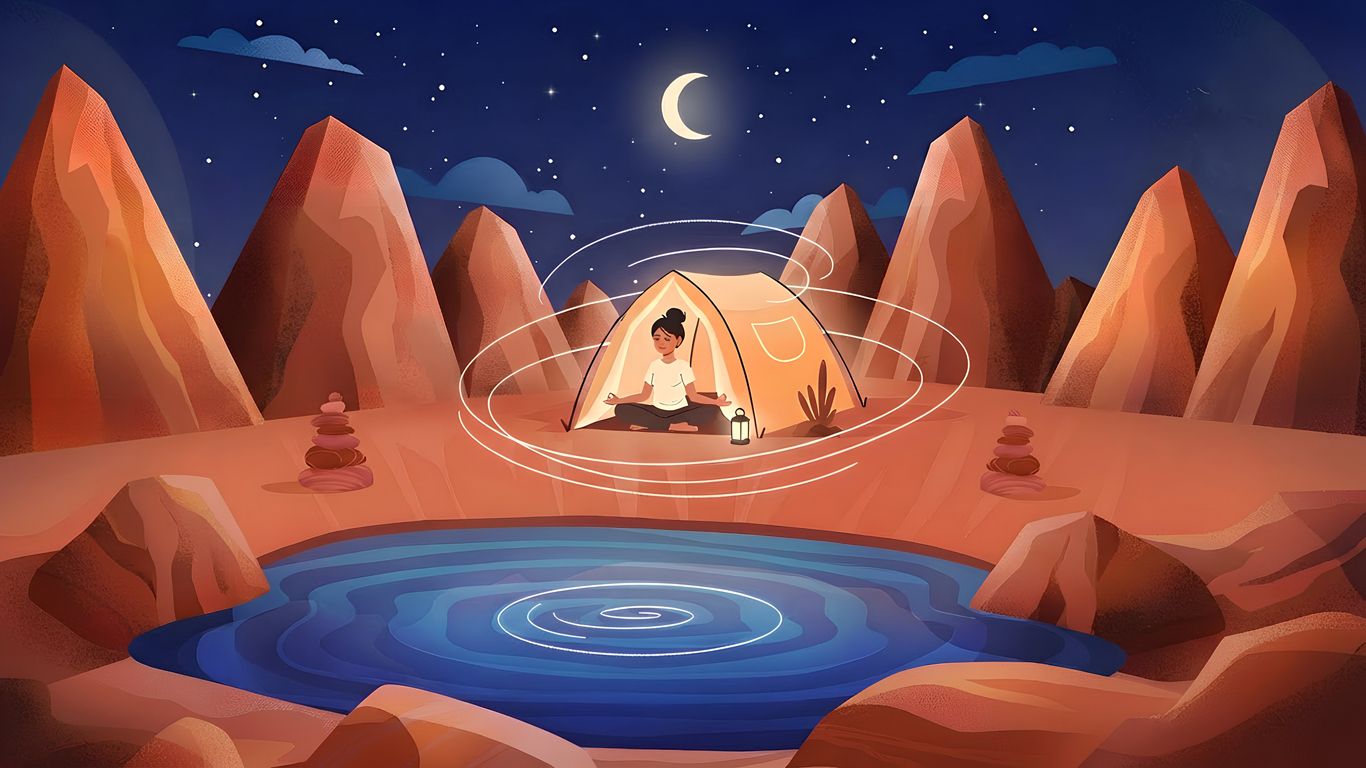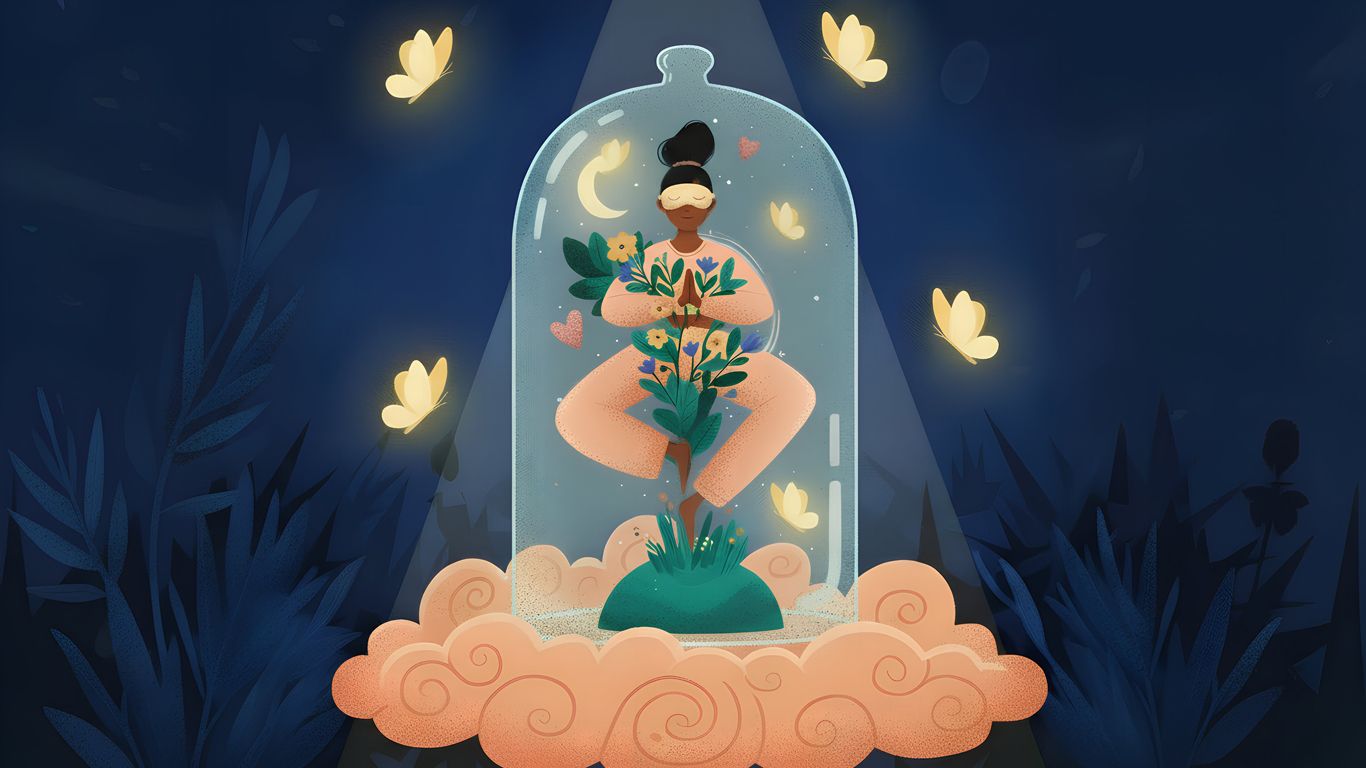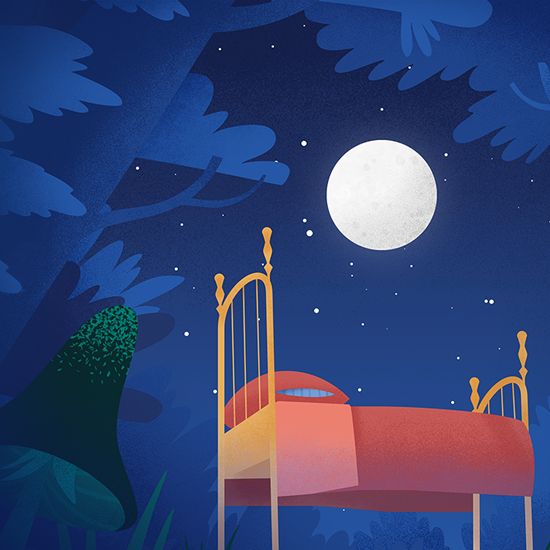
Sleep Myth-Buster: Fact, Fiction, or Somewhere in Between?
Beliefs are powerful because they can influence people’s behavior. Myths are widely held beliefs that are almost always contradicted by findings from scientific research. When myths drive decision-making or thought processes, false ideas -- or even harmful choices -- may result.
Unfortunately, there are many widespread myths about sleep. Sleep myths can be hard to spot because they often contain “grains of truth” that are stated in exaggerated and absolute ways. We tend to believe these myths because we have heard them so many times that we cannot recognize their falseness.
How Sleep Myths Can Make You Lose Sleep
Magnifying Glass
Have you ever thought to yourself “when I feel irritable, depressed, or anxious during the day, it is most likely because I did not sleep well the night before” or “sleeping poorly one night will disturb my sleep schedule for the whole week”? Such beliefs are based on myths rather than facts because the human body is resilient and can certainly tolerate a night of poor sleep without such extreme consequences.
Holding these beliefs can make you pay too much attention to possible negative consequences of a bad night’s sleep. The more you focus on these details, the more concerned you get, leading to even more fixation on your “bad sleep”. It is as if you are using a magnifying glass that amplifies manageable problems to make them feel worse than they really are.
This focus produces emotional distress which can make it more difficult for you to fall asleep, feeding into a vicious cycle of sleeplessness.
Unrealistic Expectations
Myths that generate unnecessary worry are often related to unrealistic expectations we have about sleep. The idea that good sleepers never wake up during the night, or that we absolutely need 8 hours of sleep are great examples of myths that create unrealistic expectations.
The fact is that most people wake up at least once or twice during the night, but rather than catastrophizing about it, they go right back to sleep and get the rest they need. Moreover, different people have different sleep needs, so there is no one particular “number” of hours of sleep that is right (or wrong) for everyone. Remember that your sleep needs are unique and will vary from someone else’s.
How Sleep Myths Can Risk Your Health or Your Life
Just like some myths can make us too worried, other myths can prevent us from realizing that some habits in our lives are, in fact, quite harmful.
Alcohol
One such myth is the belief that drinking alcohol before bed shortens the time it takes to fall asleep, or even improves sleep. The sedative effect of alcohol creates this impression, as it might make us feel drowsy in the moment. However, alcohol consumption can actually increase the amount of time it takes to fall asleep and can result in poorer sleep quality. This is because once alcohol has been metabolized in our bodies, the tiredness wears off and our sleep becomes shallower and more fragmented.
Drowsy at the Wheel
A set of myths that could put people at serious physical risk is the belief that opening a window, drinking caffeinated beverages, or listening to music can keep a tired driver awake. This is not correct. Sleepiness is powerful and tends to “take over” regardless of these “strategies”. Unfortunately (and dangerously), even a seconds-long lapse in wakefulness while driving can result in a car accident. If we are feeling drowsy while driving, the best thing we can do is stop for the night, or at least pull off the road in a safe area for a 15-30 minute power nap.
We see things not as they are, but as we are- Anais Nin
We are prone to believing myths because we often obtain the information from a source we trust. We may not even realize we have accepted the information without verifying it. Once we have formed a belief, we tend to keep it. This is in part because as humans, we tend to selectively remember information that confirms our beliefs, while we ignore or distort information that does not.
Be a Wise Sleeper
Remember to take sleep tips with a grain of salt when they do not come from a professional. Differentiating between sleep fiction (myths) and sleep facts (evidence-based information) is a component of Cognitive Behavioral Therapy for Insomnia (CBTi), which is the most widely recommended treatment for insomnia. If you feel like you are not sleeping as well as you could be, consider CBTi and make time to speak to a professional.
Author Bio
Reut Gruber is a scientist, psychologist and sleep expert. She is an associate professor in the department of psychiatry at McGill University and director of the Attention, Behaviour and Sleep lab at the Douglas Mental Health University Institute; Diplomate of the American Academy of Cognitive Therapy (ACT) USA; Licensed Psychologist, l’Ordre des Psychologues du Québec (OPQ), QC, Canada.
